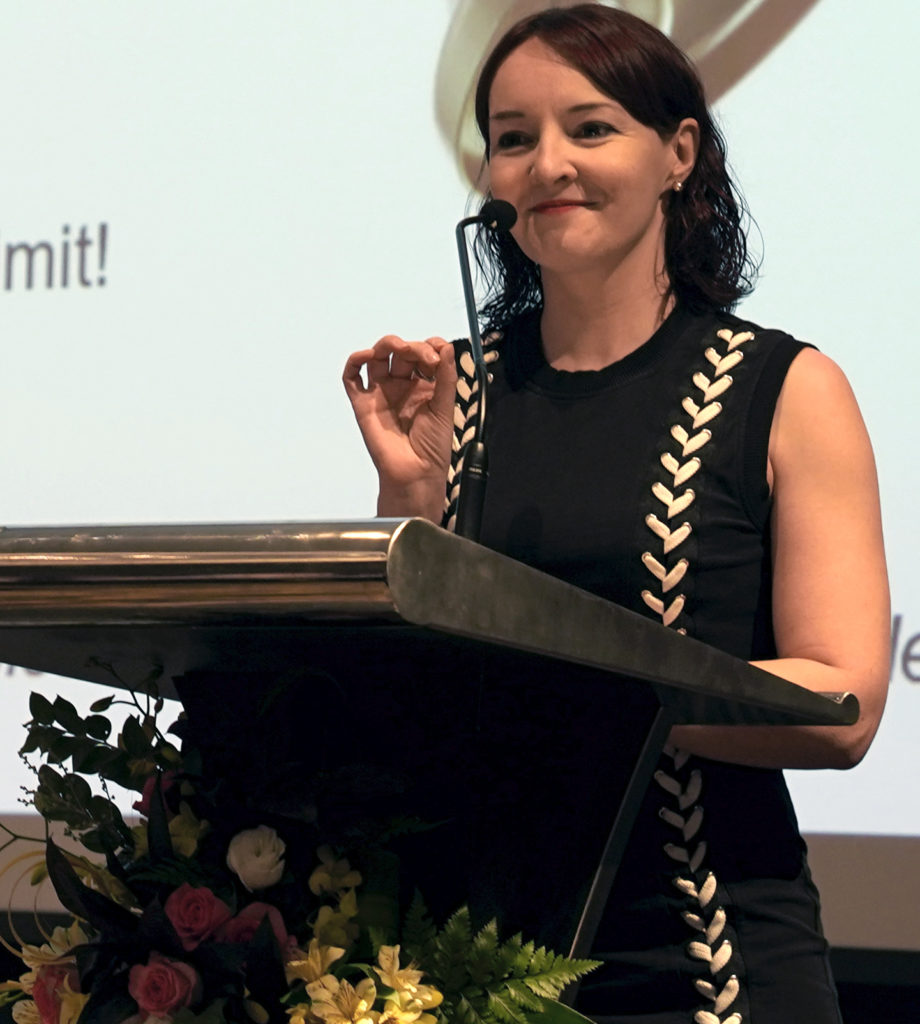In the ever-evolving landscape of academic research, the role of artificial intelligence has undergone a dramatic transformation. Not too long ago, the…
Moving for science – from UK to Vietnam (via Singapore)

The interview was conducted by Lia Paola Zambetti: Lia currently works as a research manager at the University of Sydney, after a time at the bench as a biomedical researcher that saw her moving across four countries and three continents… not unlike her colleague Leigh, featured below! (this interview originally appeared on Your Say, an independent blog on the PLOS Blogs Network)
Lots of scientists move from low-resources settings to high-resources ones for their career. In many cases, this means moving from, say, China or other East Asian locations to Europe or US. Those that move in the opposite direction, say from UK to South East Asia, are much rarer. Dr Leigh Jones, current Head of Training at the Oxford University Clinical Research Unit (OUCRU) in Ho Chi Minh City (formerly known as Saigon), Vietnam, is one of the scientists that went ‘against the tide’ and has an interesting science and life story to share … read on if you are interested to a scientific career that doesn’t follow the beaten path!
Lia: What prompted you to move to South East Asia?

Leigh: “I was looking for new challenges during my postdoc at the University of Edinburgh. At that time, I visited South East Asia during my honeymoon and I just fell in love with the region. I began thinking of moving there, at least for a while, and I started looking for openings. I applied for a role at A*STAR in Singapore – there were plenty of opportunities at the time – and I was lucky enough to be offered a 3 years-postdoc position.
The level of the facilities in Singapore was so high, compared to the capacity/funding limitations I had encountered in Scotland – everything was new and top-of-the-range, it was like moving into working in a spaceship! I meant to stay for 3 years but ended up remaining for 7 and a half instead, in two different labs. At the end of that, I realised I didn’t want to head my own group, so I founded my own scientific training company instead – it was incredibly easy, I don’t think it would have been as easy anywhere else. Then, for personal reasons, I moved to Vietnam and I found a role at OUCRU where I train the new generation of PhDs students. I no longer do research per se, but I am still very much steeped in research and policy every day!
Lia: What were your expectations of doing science in your current low-resources setting, as opposed to the reality? Did you have any bad/low expectation that didn’t eventuate and surprised you in a good way, perhaps?
Leigh: Vietnam is a low-to-middle income country that just started doing research. This said, resources are good (we do a lot of NGS! But then, we are in a Wellcome Trust-funded institution) and we have been publishing in very good journals.
Crucially for those working in infectious diseases, we have direct exposure to diseases that no one in UK, for example, would be exposed to. if you work in this field, there’s only so much you can do from a distance – if you are not able to see patients with dengue or malaria, I don’t see how you can get the same feeling of achievement [that we do] when you see improved outcomes.
I have been surprised at the high standard of scientists coming through my institute, although perhaps I shouldn’t be. There is a common stereotype that Asian students tend to be deferent to authority, not questioning their supervisors… well, I’ve seen no evidence of that. Students here are enthusiastic and driven, with a can-do attitude – they question their own supervisors on the science constantly and they get good fellowships and good positions!
Lia: Is there any differences in doing science/research in high- vs low-income countries setting?
Leigh: The scientific method is the same regardless of location – what we do better here, perhaps, is that we do a lot more public engagement. Without it we wouldn’t have the impact we have, which includes policy – our work is making a difference on healthcare. This is something I find hugely rewarding and a continuous motivation.
Lia: If you could debunk ONE prejudice about moving from high-resource to low-resource setting, for scientists living in first-world countries, what would that be?
Leigh: Thinking that South East Asian people are ‘followers’ and ‘do what they are told’ – in my own experience, this is simply not the case. If it were, our research wouldn’t go forth.
As a bonus: in the West, we see lots of anti-science movements, even now. This hasn’t reached here yet. It’s just not an issue. People in Vietnam want science, want improvement. They trust experts. They accept that some people are expert and do everything they can to improve human health.